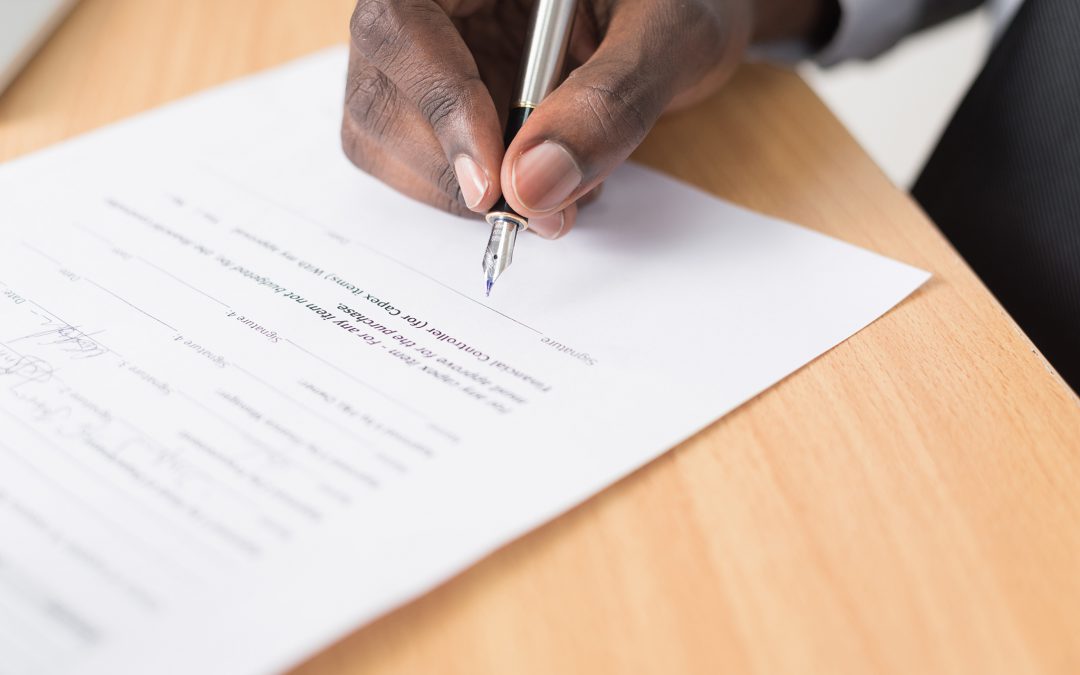Flat owners in England and Wales who lease their properties need to get to grips with two things that could otherwise result in considerable financial pain. They go under the names of “leasehold enfranchisement” and “leasehold extension”. Many leases on flats built in the 1960s, 70s and 80s are getting close to a critical stage in their lifespan.
Flat owners who want to extend their leases, but wait too long, could see the price for doing so rise sharply.
But let us not get ahead of ourselves – what do the two terms mean?
Definitions
Leasehold Extension
Leasehold extension is fairly self-explanatory.
It is the process of extending a lease on a property by paying the landlord, or freeholder, a sum of money – sometimes referred to as compensation.
Leasehold Enfranchisement
Leasehold enfranchisement is not so self-explanatory. It is the process of buying the freehold from the landlord and thereby turning your leasehold property, in which you are the tenant, into a freehold property. You become the freeholder and own the property and the land on which it is built outright.
A lease, for the record, is a contract allowing you to occupy a property during a pre-agreed period in exchange for a pre-agreed rent. Leases on flats are generally between 99 and 125 years.



